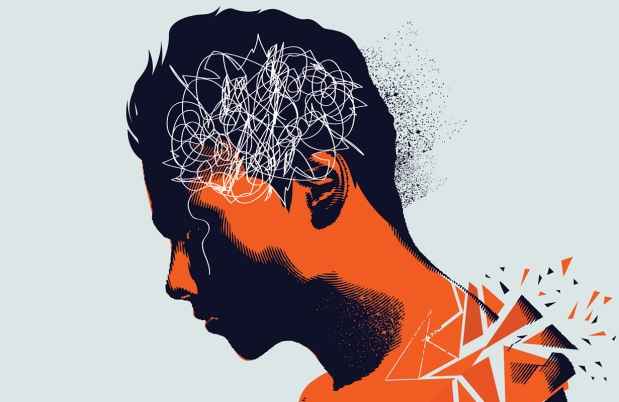Lecture – Dr. R. Kathryn McHugh Examines Addiction and Anxiety
Available with English captions and subtitles in Spanish.
Presented by R. Kathryn McHugh, PhD, McLean Hospital – McLean Forum lecture
Nearly 20% of people with substance use disorders also have an anxiety disorder. Co-occurring anxiety and substance addiction are more prevalent in individuals with drug use disorders, such as opioid use disorder, as compared to alcohol use disorder. The percentage of people with co-occurring anxiety and substance use disorders gets higher as the severity of the addiction disorder increases.
In her talk, McHugh discusses the “overlap of anxiety and addiction.” She draws on studies to demonstrate the ways that anxiety disorders impact how individuals experience addiction. She also discusses how co-occurring conditions complicate substance use disorders treatment and recovery.
Watch now to learn about:
- The impact of anxiety on substance use disorders
- Advice for clinicians on identifying treatments for people with anxiety and addiction
- The scope of benzodiazepine misuse as a growing public health problem
- Future treatments for individuals with coexisting anxiety and addiction, including approaches for reducing benzodiazepine misuse
McHugh asserts that treatment for these co-occurring problems requires consideration of their interacting and overlapping symptoms. She states that anxiety can be both a risk for, and a result of, substance use.
McHugh presents research findings on the impact of anxiety on substance use disorders and optimal treatment strategies. She focuses on how one of the treatments—benzodiazepines—can itself become an addiction.
Benzodiazepine is often used to treat anxiety, insomnia, and alcohol withdrawal. The drug is prescribed to more than 1 in 20 people in the U.S. each year, and studies show that benzodiazepine prescriptions are increasing in number and dose.
While the drug can be effective in helping people struggling with addiction, McHugh cites recent data on the scope of benzodiazepine misuse. She explains how the drug has been linked to opioid-related deaths. She also discusses the similarities between benzodiazepine and other types of substances. McHugh suggests possible approaches to curbing benzodiazepine misuse.
In addition to examining the current state of anxiety and addiction co-occurrence and issues concerning benzodiazepine, McHugh looks forward to potential future directions for researchers and clinicians. She suggests that optimal treatments may involve crossing over the best of current approaches to addressing anxiety and substance misuse separately. She also examines the possibility of personalizing treatment for each individual with coexisting anxiety and drug and/or alcohol addiction.



